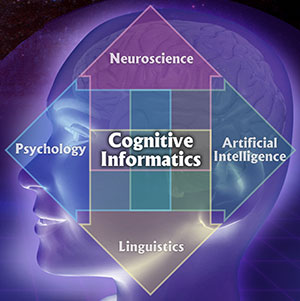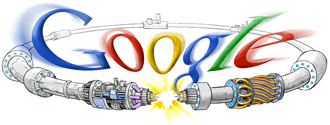How Much Thinking Should We Let Machines Do?
Tuesday, October 7th, 2008A key principle of cognitive design is that we design for how minds work, with the emphasis on the plural.
There are five general types of minds we can design for – individual, extended (when we think through artifacts), group, emergent ( specific type of group where cognition emerges as in the wisdom of crowds) and machine.
Considering the needs and role of each type of mind in every design problem (no matter how mundane) is part of what makes cognitive design so unique.
Designing for the machine mind means making smart artifacts that reduce the cognitive load on humans or somehow extend our intellectual and emotional reach. With recent advances in technology it is now possible to embed a little bit of smarts (crude perception, memory, learning, reasoning, action) in a wide-variety of artifacts to make the so-called cognitive machine. We have smart phones, watches, calculators, desks, homes, buildings, cars and the like. Similar technologies (rules, data mining, software agents, semantic search) are “smarting up” artifacts at work. We have artifacts (e.g. business processes and computer systems) in the workplace that make decisions, control complex process, find important patterns in data and the like. The race is on to create the intelligent enterprise. After all we already have the automated factory.
An interesting new development in this area is the transdisciplinary field, Cognitive Informatics. CI is very ambitious as it combines the latest thinking with how the minds works, an information processing approach to cognition and a new type of denotational mathematics to formally specify, engineer and ultimately build smart stuff ranging from simple cognitive machines all the way to the next generation of computers that think and feel (AI).
Some worry that engineering smarts into machines will make human less intelligent. If my calculator does arithmetic I will forget how to do long division. Soon I won’t even teach it in schools. Is this an intended consequence? A recent article in the Atlantic Monthly, Is Google Making Us Stupid?, brought this home in modern terms. Part of what they argue is that Google has dumbed down content allowing me to read just a sound bite rather than an entire article, essay or book. This allows me to cover more ground faster but do I trade-off real understanding?
Google, like calculators and other cognitive machines liberate and extend human minds if used properly. They are part of a rapidly growing type of mind known as machine mind. I say, with an aging society that is growing more complex each day we best design for machine intelligence as quickly as we can.


